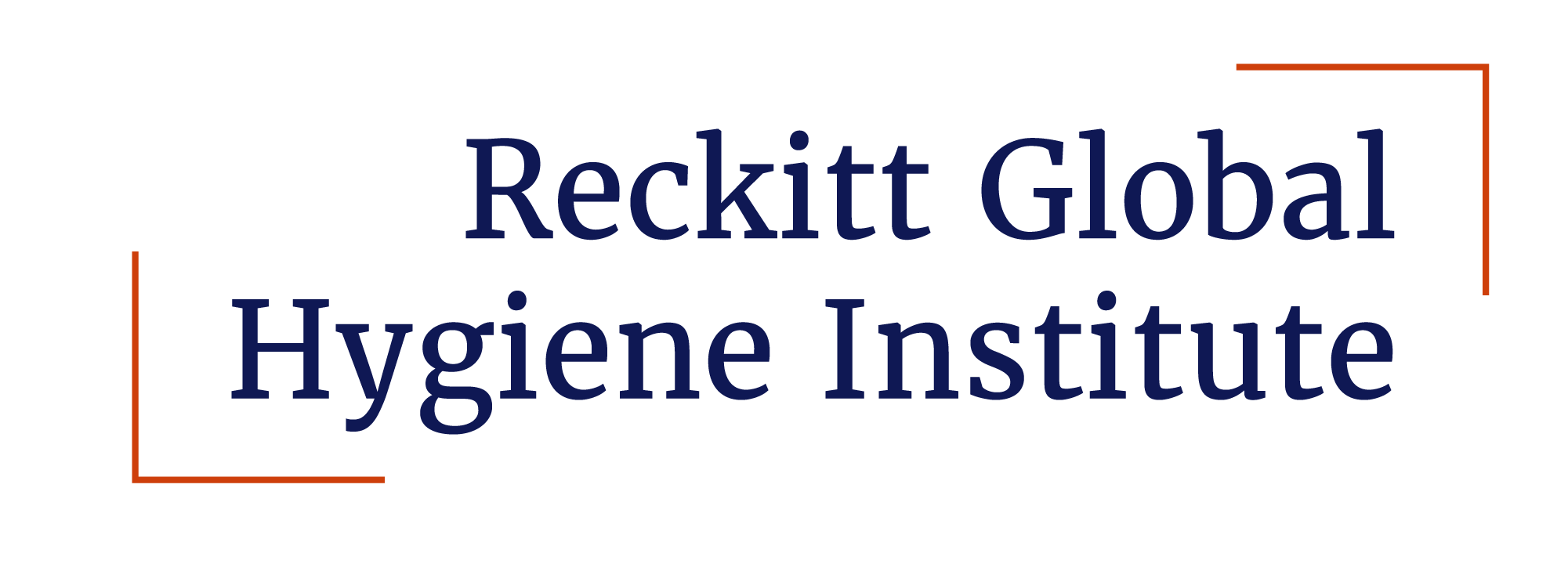Spotlights Series
13 Oct, 2025
Dr Max Eyre: Simplified sewerage to target multiple transmission pathways of environmental and zoonotic diseases in urban communities
This week, we’re highlighting the work of RGHI Fellow Dr Max Eyre, and colleagues, whose research investigates how simplified sewerage systems can reduce disease transmission in low-income urban communities.
More than 3.4 billion people worldwide lack access to safely managed sanitation services (1), with people in low-income urban communities facing particularly severe challenges (2). These conditions heighten the risk of diseases transmitted through soil, water or contact with infected animals, risks that are expected to intensify with ongoing urbanisation and climate change. Despite the growing threat, research and public awareness of these issues remain limited, and there is still an incomplete understanding of how inadequate WASH (Water, Sanitation & Hygiene) systems contribute to the spread of disease and impact the health and hygiene standards of millions.
Dr Eyre’s research, funded by RGHI, seeks to address this critical knowledge gap by evaluating how improved sanitation systems, specifically simplified sewerage networks, can disrupt environmental and zoonotic disease pathways in urban settings. The project focuses on three major pathogens (Leptospira spp., Toxoplasma gondii, and Helicobacter pylori) in Salvador, Brazil, where urban flooding, open drains, and inadequate waste management contribute to persistent infection risks..
This research is generating urgently needed evidence on how sewerage investments can protect vulnerable populations from complex infectious diseases in Salvador, Brazil. Baseline data from 1,791 participants revealed alarming infection rates: 8.9% tested positive for Leptospira and 54% showed evidence of past Toxoplasma gondii exposure, underscoring the urgent need for targeted sanitation solutions in rapidly growing cities. Using GIS-linked environmental and cohort data, the research identifies where and how people are most exposed, helping decision-makers prioritise interventions that yield the greatest health impact.
RGHI’s support makes this kind of interdisciplinary research possible – linking infrastructure, environmental factors, and human behaviour, to inform effective WASH strategies. The project’s findings will not only guide urban health interventions in Brazil but also strengthen global understanding of how sanitation improvements can reduce the burden of climate-sensitive infectious diseases.
In one article published in PLOS Global Public Health, Dr Eyre and colleagues explored gender differences in Leptospira exposure and risk perceptions. The study found that men who perceived leptospirosis as extremely serious had lower odds of infection and engaged in fewer risky behaviours, while such associations were not observed among women. This work highlights the importance of integrating gender perspectives into WASH and disease prevention efforts, an approach emphasised by RGHI’s mission to promote inclusive and equitable hygiene research.
Ultimately, Dr Eyre’s research provides strong insights for global health policymakers, demonstrating that infrastructure improvements, behavioural understanding, and gender-sensitive strategies must go together to reduce infectious disease risks in the world’s most vulnerable urban communities.
“RGHI’s investment in research like Dr Eyre’s is vital for building the evidence base that connects hygiene, health and WASH infrastructure. His findings have the potential to reshape how communities approach sanitation and disease prevention, helping protect millions from infections linked to poor hygiene and unsafe environments.”
– Sarah Roberts, RGHI Executive Director
The RGHI Spotlights Series showcases researchers’ inspiring work on improving global hygiene and health outcomes. Each post highlights a project funded through an RGHI grant or fellowship, detailing its goals, progress, and potential impact. These spotlights celebrate innovation and collaboration in tackling some of the world’s most pressing hygiene challenges. To learn more about RGHI-funded research and its contributions to advancing hygiene and health globally, explore our research portfolio.
Stay tuned for more next week and follow RGHI on LinkedIn and BlueSky for the latest updates.
(1) https://www.un.org/sustainabledevelopment/water-and-sanitation/
(2) https://sdgs.un.org/goals/goal6
Livia Mulligan, RGHI Communications Assistant



 A view of Old Town Salvador by Mariana Ceratti / World Bank (CC BY-NC-ND 2.0, https://creativecommons.org/licenses/by-nc-nd/2.0/)
A view of Old Town Salvador by Mariana Ceratti / World Bank (CC BY-NC-ND 2.0, https://creativecommons.org/licenses/by-nc-nd/2.0/) Kondwani Chidziwisano
Kondwani Chidziwisano